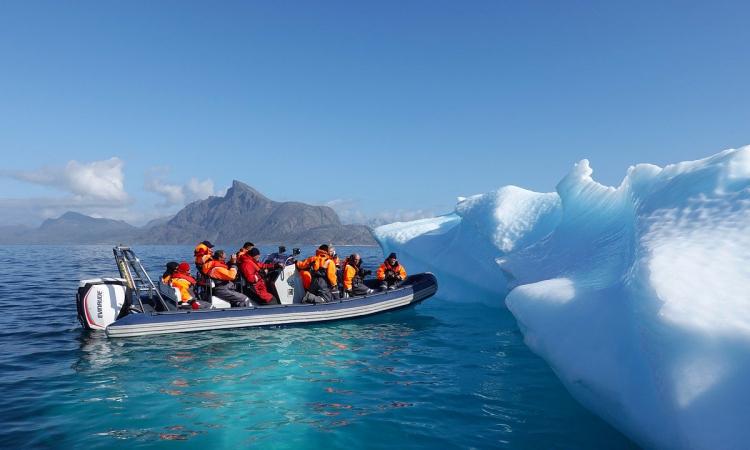On November 5th, more than 11,000 of the world’s top scientists declared we need urgent action against the definitive climate emergency. The article, published in the journal BioScience, states that “the climate crisis has arrived and is accelerating faster than most scientists expected.”
Warnings began forty years ago with the Geneva Convention in 1979. They reiterated in the 1992 Rio Summit, the 1997 Kyoto Protocol, and the 2015 Paris agreement. Yet, the paper reads, “we have generally conducted business as usual and have largely failed to address this predicament.”
Dangerous global patterns of excess consumption and high emissions continue to increase. “The most affluent countries are mainly responsible for the historical greenhouse gas emissions, and generally have the greatest per capita emissions,” say the scientists. The current lifestyle of the wealthy is an unsustainable one. C02 production is fueled mainly by economic and population growth. A lack of action in these sectors could result in what the article states as “significant disruptions to ecosystems, society, and economies, potentially making large areas of Earth uninhabitable.”
The paper asserts that different “vital sign” metrics are needed to measure climate change. The change in a fraction of a degree centigrade is too abstract and doesn’t give us the full picture. Temperature averages are not the only important factors that are changing. To fully understand the implications of our current behaviour, the paper argues we need to be closely looking at the indicators of actual climatic impacts. These include remaining polar and glacial ice, ocean heat content and acidity, frequency of extreme weather, and sea-level change.

The scientists argue that we should also be closely watching and measuring the causes of these climate impacts as well, namely, our behaviour as a species. Trends in human and livestock populations, meat production, gross domestic product, tree cover loss, as well as C02 emissions all continue to increase, releasing more and more greenhouses gases every year. We need to make changes soon. The threats of the climate crisis are “more severe than anticipated, threatening natural ecosystems and the fate of humanity,” the paper states.
To avoid climatic tipping points and warming feedback loops the scientists “suggest six critical and interrelated steps that governments, businesses and the rest of humanity can take to lessen the worst effects of climate change.” These action points require serious and immediate action if we are going to make a difference in our future.

Energy: immediately maximize efficiency, increase carbon taxes, and leave fossil fuels in the ground.
Pollutants: Reduce methane, soot, and HFCs.
Nature: Protect and restore biodiversity and ecosystem health to safeguard carbon stores and nutrient cycling.
Food: Reduce meat consumption, improve cropping practices to protect soil, dramatically reduce food waste.
Economy: Recognize human dependence on the environment and create appropriate policies focused on long-term sustainability.
Population: Lower global fertility rates by providing universal access to family planning, women and girl’s education, and gender equity.
Together we can act out against so much impending suffering, but we must act now. Encouraging policies, lawsuits, and strikes are beginning to bubble up in various corners of the globe. However, the scale of the crisis we are facing requires a world-wide upheaval. We can all start today, right now, in our own homes to save the little blue planet we all call home.
Shop for a cause
Shop on amazon.com | amazon.co.uk



